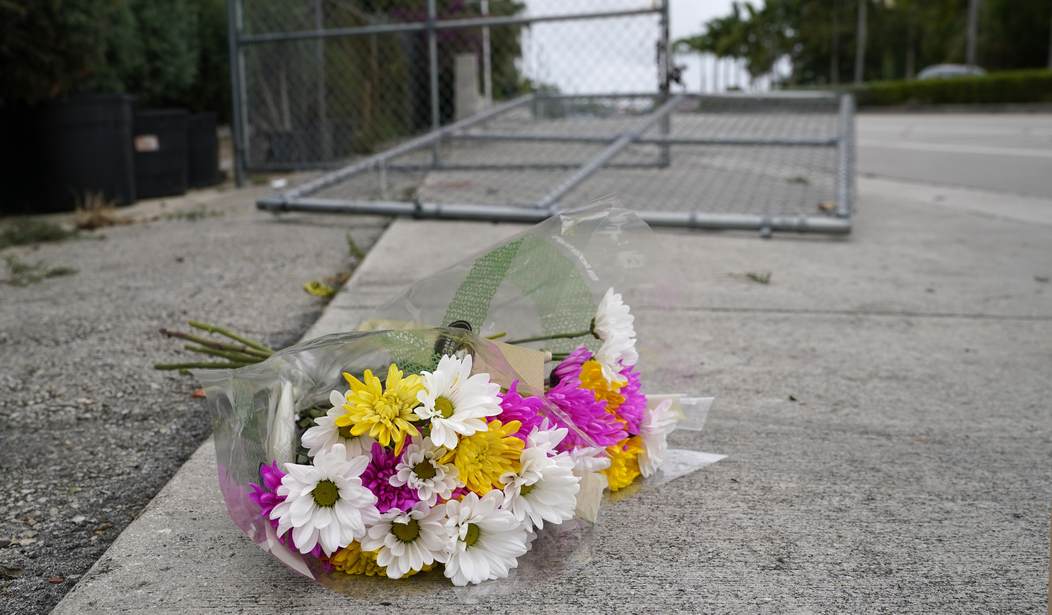One of the tired tropes of the gun control movement is that America just isn’t “____ enough to do something about gun violence.” We’re too callous, too indifferent, too in thrall to the gun lobby to take the “commonsense” steps to make our society a safer place.
It’s an absurd argument, and yet it keeps being made; most recently by PennLive columnist Nancy Eshelman in a piece that’s long on emotional rhetoric and awfully short on specific policies or plans to actually reduce violent crime.
Do you ever wonder when we’re going to get angry enough to do something about it?
I’m talking about guns and people who shoot guns at other people and the whole gun culture of this country.
I don’t want to read about any more young girls being shot in the leg as they walk home from their neighborhood park.
I don’t want to hear about young moms falling victim to random bullets as they sit on their front porches.
I’m sick of hearing about men who think the best way to solve relationship problems is to shoot everyone involved.
I’m tired of guns and people who shoot guns at other people. I’m tired of everyone looking at the results of a subway shooting in Brooklyn, expressing horror and disbelief, then moving on until the next nut with a gun shoots up a school or a playground or the rail yard where he works.
The question becomes “What can we do about it?”
I don’t know. I’m not that smart or that powerful, but I do know this: We can as a society change how we think and act about things.
So Eshelman doesn’t know what to do about gun violence, but she clearly believes that if we were just angrier about it then we’d come up with the solution. And what does she offer as examples of how society can change how we think and act about things?
Watch an old movie. I don’t care what movie. Most any one will do. What do you see? People smoking. People smoking everywhere. Hotels, airplanes, offices, restaurants. When I had my babies, people smoked in the hospitals. And ads told us then that “More doctors smoke Camels than any other cigarette!”
Then the country shifted. Smoking was bad. Smokers were thrown out of public places. The country did an about-face.
If we can clean the air of second-hand smoke, why can’t we do something about bullets whizzing in our streets?
I don’t know if Eshelman is aware of this, but cigarettes haven’t been banned in this country, and according to the CDC, there are approximately 480,000 deaths annually that are related to smoking; about ten times the number of the total number of gun-related deaths (most of which are suicides and not homicides). And while the percentage of younger Americans who smoke tobacco is declining, more of them are toking up instead. If Eshelman thinks smoking is a problem, I can’t help but wonder why on earth she thinks the problem has been solved.
Which brings us to Eshelman’s other example: drunk driving.
When I was a young teen, I babysat. The couple would return home from their club, pay me, and the husband would drive me home. Intoxicated. I never gave it a second thought.
When I got older, my friends would pile into cars and head out for the night.
No one ever suggested the driver hand over his keys. People just swerved their way home.
Today, thank heavens, we frown on that behavior. Police patrol for drunk drivers and when friends go out for the night, they designate a driver.
And yet, there are still more than 10,000 drunk driving deaths every year, and those make up just 10% of the more than 100,000 alcohol-related deaths in this country.
Does Eshelman truly believe that shooting innocent people isn’t “frowned on” by the vast majority of society? That police aren’t patrolling for violent criminals? That if the people who aren’t committing acts of violence just got angrier at the people who are then violent crime would decline dramatically?
What Eshelman fails to understand is that we live in a world where people will always have the opportunity to make the wrong decision, whether it’s getting behind the wheel after they’ve had to much to drink or shooting at a rival over a stupid argument. Getting angry doesn’t change that. If you want to reduce violent crime you have to change the behavior of those committing these violent acts, and slapping another restriction on the rights of law-abiding Americans is simply aiming in the wrong direction.
Eshelman should direct her ire at the individuals who are actually responsible for the violence we all deplore instead of blaming the non-violent for not being angry enough about violent crime. As it is, her column is a perfect example of sound and fury signifying nothing more than Eshelman’s own virtue signaling. She’s angry. We get it. So what?










Join the conversation as a VIP Member